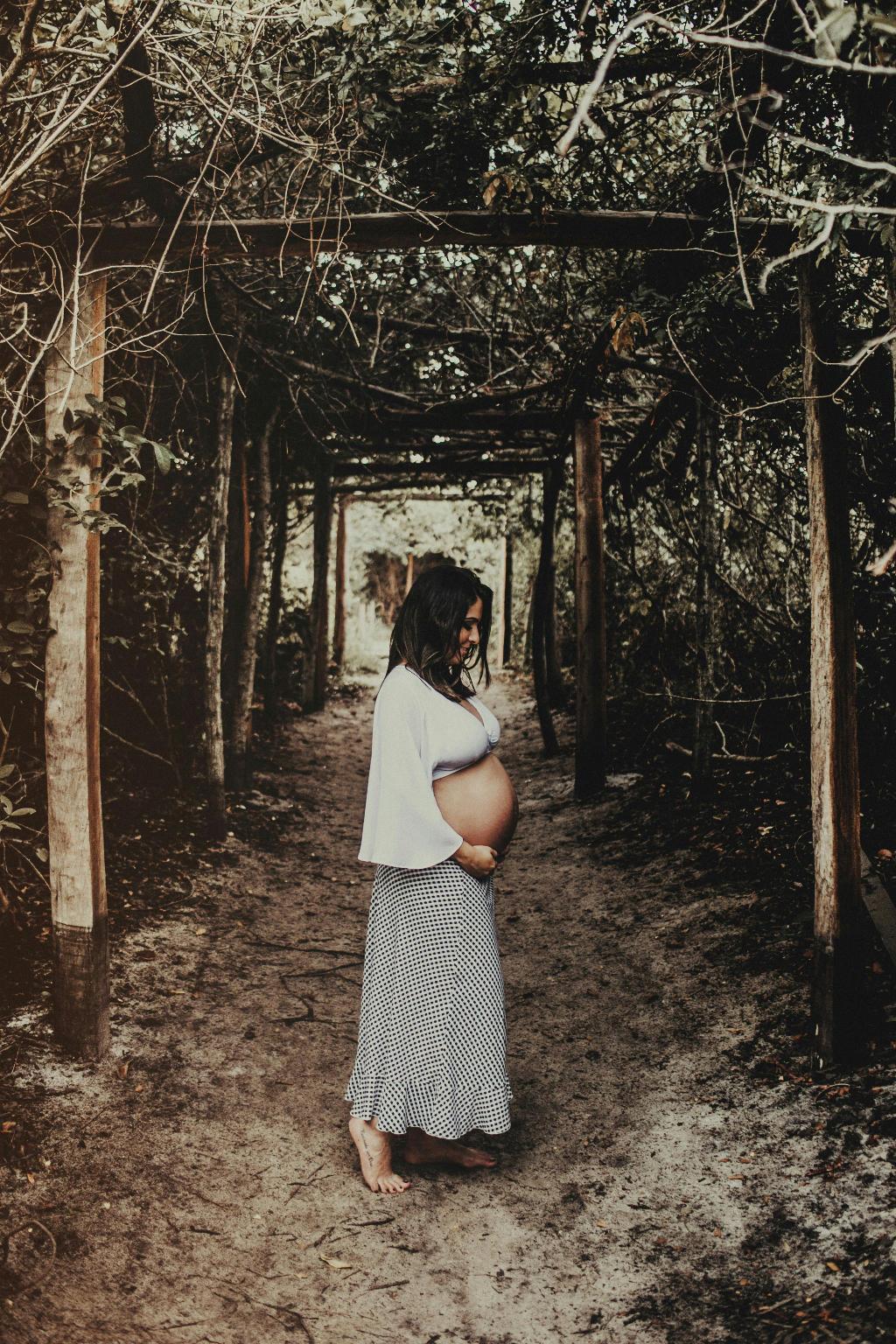At the age of 16, the topic of pregnancy prevention can be crucial and daunting. It’s essential to equip oneself with the necessary knowledge and tools to make informed decisions about sexual health. Fortunately, there are various methods available to prevent pregnancy, and considering the facts presented, it’s important to delve into these options.
Condoms: A Reliable Barrier Method
One of the most popular and accessible methods of preventing pregnancy at 16 is through the use of condoms. Condoms act as a barrier to prevent sperm from reaching the egg during sexual intercourse, thereby reducing the risk of pregnancy and sexually transmitted infections (STIs). It’s important to use condoms consistently and correctly to ensure their effectiveness.
Diaphragm: A Form of Barrier Contraception
Another method worth considering is the diaphragm, a form of barrier contraception that is inserted into the vagina before intercourse to block sperm from reaching the uterus. While diaphragms can be effective when used correctly, it’s essential to consult with a healthcare provider to determine the right fit and proper insertion techniques.
Emergency Contraception: A Back-Up Plan
In the event of unprotected intercourse or contraceptive failure, emergency contraception, such as the morning-after pill or Plan B, can be used as a backup method to prevent pregnancy. Emergency contraception should be taken as soon as possible after intercourse to maximize its effectiveness. It’s essential to be aware of how and when to use emergency contraception.
Implantable Contraception: Long-Acting Protection
For those seeking long-term contraception options, implantable contraception, such as hormonal implants inserted under the skin, can provide effective protection against pregnancy for several years. Consultation with a healthcare provider is crucial to determine if implantable contraception is suitable for individual needs and health considerations.
Considering Individual Preferences and Needs
When exploring pregnancy prevention options at 16, it’s important to consider individual preferences, lifestyle, and health considerations. What works for one person may not be suitable for another, so discussing options with a healthcare provider can help tailor a contraceptive plan that aligns with personal needs and circumstances.
Educational Resources and Support
Seeking out educational resources and support can also be beneficial when navigating pregnancy prevention at 16. Schools, healthcare providers, and community organizations often offer information on sexual health, contraception, and access to resources and services. It’s essential to stay informed and empowered to make confident decisions about sexual health.
Open Communication and Consent
Open communication with partners and obtaining consent is crucial in preventing pregnancy at 16. Discussing contraception, boundaries, and expectations openly and honestly can help establish mutual understanding and respect in sexual relationships. It’s important to prioritize consent and respect in all interactions.
Regular Health Check-Ups and Follow-Ups
Regular health check-ups and follow-ups with a healthcare provider are essential aspects of maintaining sexual health and monitoring the effectiveness of chosen contraceptive methods. It’s recommended to schedule routine appointments for contraceptive counseling, STI screenings, and overall health assessments to ensure well-being.
Understanding Emergency Contraception
When considering pregnancy prevention at 16, understanding emergency contraception is paramount. Knowing how emergency contraception works, when to use it, and where to access it can provide peace of mind in case of contraceptive mishaps. Being informed about emergency contraception can empower individuals to take control of their sexual health.
Exploring Long-Term Contraception Options
For those seeking continuous pregnancy prevention at 16, exploring long-term contraception options, such as hormonal implants or intrauterine devices (IUDs), can provide reliable protection against unintended pregnancy. Consulting with a healthcare provider can help determine the most suitable long-term contraceptive method based on individual needs and preferences.
Conclusion: Taking Charge of Your Sexual Health
When it comes to preventing pregnancy at 16, being informed, proactive, and empowered is key. By exploring the available contraception options, seeking support and resources, maintaining open communication, and prioritizing regular health check-ups, individuals can take charge of their sexual health and make informed choices that align with their needs and values.

